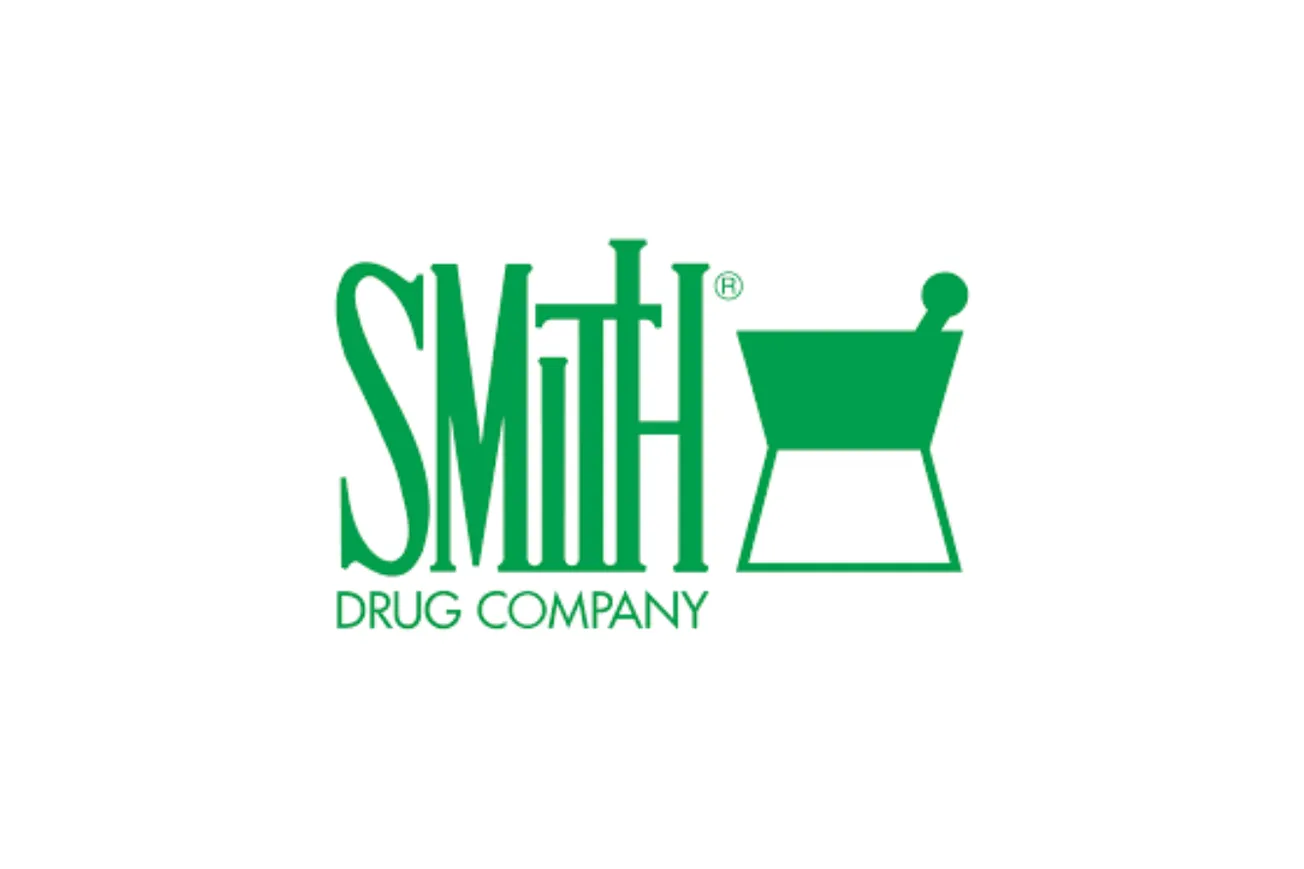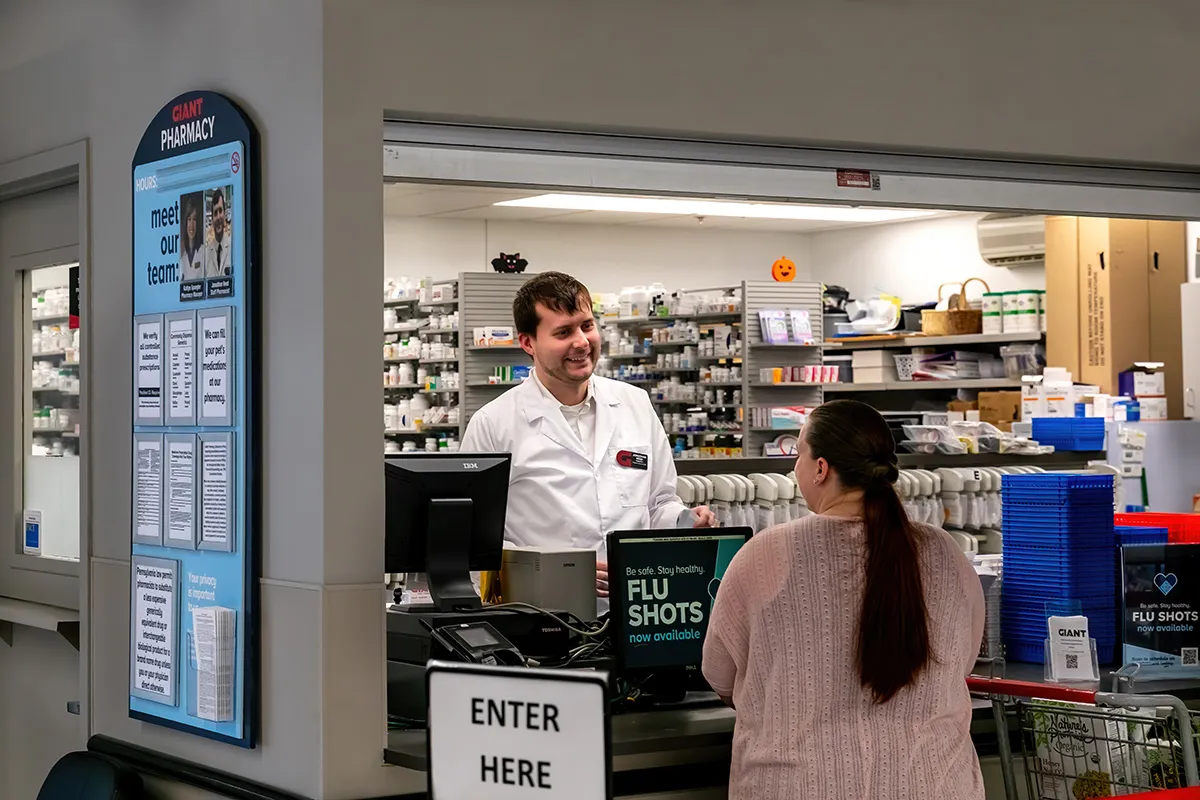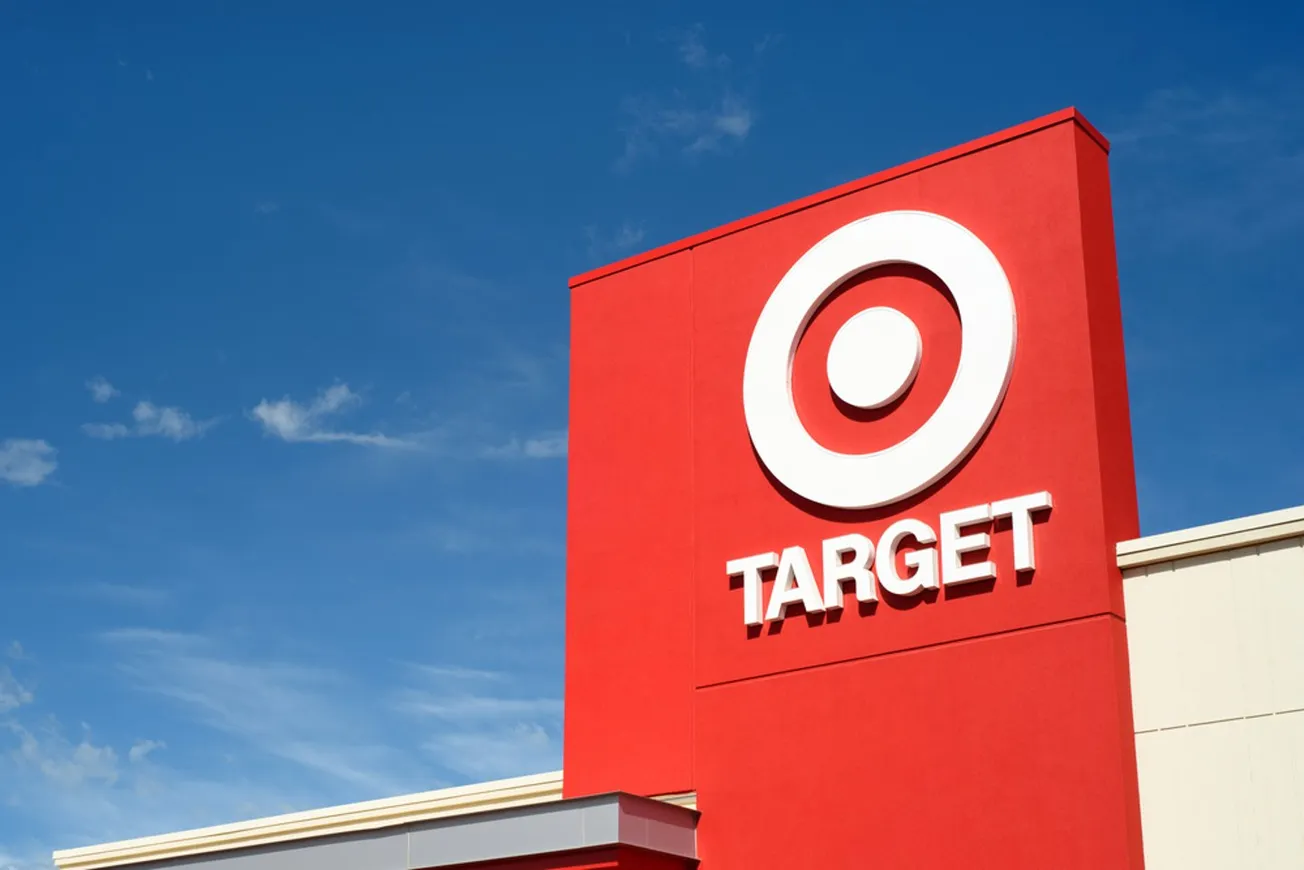LEXINGTON Ky. — Americans express overwhelming bipartisan support for Medicare and Medicaid coverage of glucagon-like peptide-1 (GLP-1) receptor agonist drugs, with a majority agreeing that expanded access could enhance national productivity and global competitiveness.
Those are among the findings of a groundbreaking poll conducted on behalf of the Diabetes Patient Advocacy Coalition (DPAC). Notably, the survey found that nearly 70% of Republicans and Trump voters support Medicare and Medicaid coverage for GLP-1s —also known as anti-obesity medications — a stance that directly opposes the approach of newly appointed Department of Health and Human Services (HHS) Secretary Robert F. Kennedy Jr.
“The data is clear: voters across the political spectrum understand the transformative impact of GLP-1 medications, which have already improved countless lives,” said George Huntley, chief executive officer of DPAC and the Diabetes Leadership Council. “Limiting access to these therapies isn’t just poor policy that undermines our fight against obesity — it’s a direct contradiction to the priorities of Republican voters and the American public at large.”
GLP-1s, currently FDA-approved for individuals with obesity (a BMI of 30 or higher) or those with a BMI of 27 or higher who have at least one weight-related condition such as type 2 diabetes or hypertension, have the potential to address a significant public health need. According to a study published in JAMA Cardiology, 137 million U.S. adults — more than half of the adult population — are eligible for these treatments. Despite growing awareness, with 85% of poll respondents reporting familiarity with GLP-1 drugs, access remains a critical barrier for many due to high costs and restrictive coverage policies.
“As we work toward a healthier future, it is imperative that we reduce coverage barriers and make these life-changing obesity medications available for the at-risk Medicare and Medicaid populations who need them most,” said Dr. John Anderson, board member of the Diabetes Leadership Council. “We call on policymakers to heed the science and the overwhelming public demand for equitable access to GLP-1 therapies.”
The survey found that almost three-quarters (73%) of respondents agree that providing coverage could help the U.S. be more productive and globally competitive.
A similar share (72%) agree that coverage under Medicare and Medicaid should be on a par with access under the Federal Employee Health Benefits program. This is the most compelling argument among people skeptical or neutral regarding obesity medications’ overall impact.
And nearly seven in 10 (68%) agree that Medicare coverage could help patients avoid losing access to treatments when they turn 65.
For more information on the needs of people with diabetes across the United States, visit https://www.diabetespac.org/.








